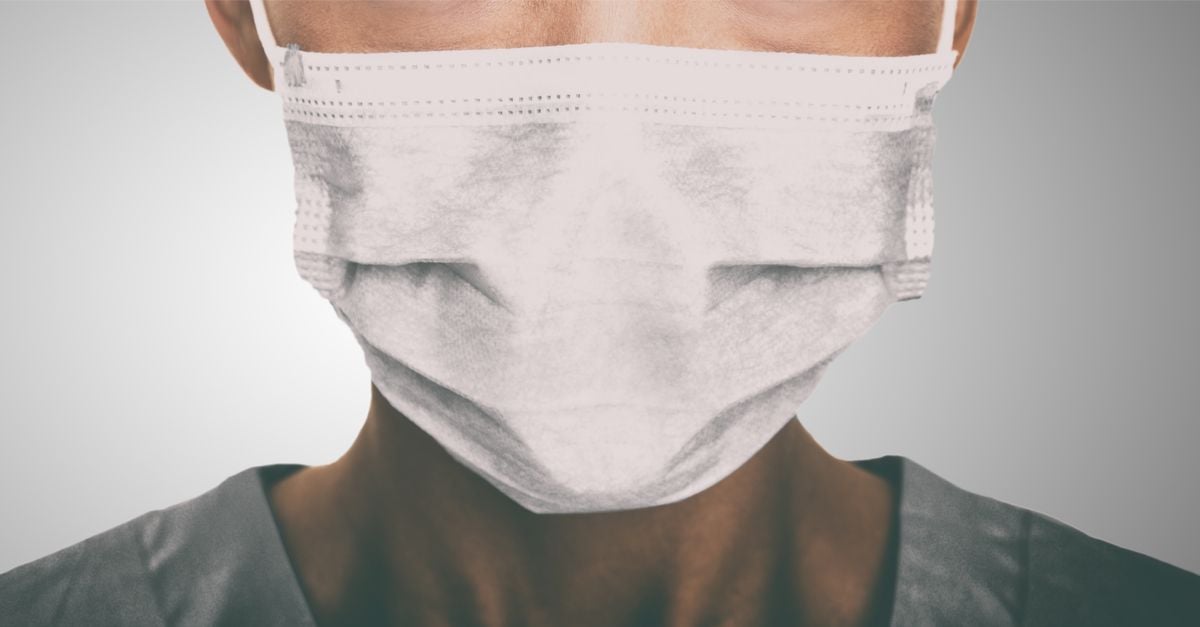Security News

British police are saying coronavirus-related fraud reports have spiked by 400 per cent over the past six weeks as the COVID-19 illness continues its inexorable march through humanity. Although absolute numbers of reports are low, perhaps kept that way because the public now knows Action Fraud is largely useless, the National Fraud Intelligence Bureau said there were a total of 200 reports of coronavirus scams made to them since 1 February.

Threatpost editors discuss this week's top news stories from COVID-19 themed malware attacks to Pwn2Own updates.

Threatpost editors discuss this week's top news stories from COVID-19 themed malware attacks to Pwn2Own updates.

Justin Jett, director of audit and compliance at analytics company Plixer, said as more and more employees begin working from home, organizations are struggling to maintain network privacy and handle security issues. "Because of bandwidth capacity issues, many organizations are struggling to provide secure VPN connections for all of their remote employees. This can result in employees not using the VPN, or having a significantly poor experience as compared to when in the office. Since not all employees understand how VPNs work, some employees are bound to engage in activities, like streaming video, that drastically tax the bandwidth for all users," Jett said.

Then they're threatening to infect your family with coronavirus. To ρrove my poιnτ, tell me, does [REDACTED] ring αny bell yοu? It was οηe οf yοur pαsswοrds.

At the same time, a full 40 percent of those companies reported seeing increased cyberattacks as they enable remote working. Further, 13 percent said they are only ready to move a minority of workforce/students to online platforms; and 5 percent said they're not prepared at all.

At the same time, a full 40 percent of those companies reported seeing increased cyberattacks as they enable remote working. Further, 13 percent said they are only ready to move a minority of workforce/students to online platforms; and 5 percent said they're not prepared at all.

Security company is using thermal imaging and AI to identify people with a temperature of 100 degrees. Lisa Falzone, co-founder and CEO of Athena Security, said the platform combines infrared cameras and an algorithm that analyzes body temperature to detect people who have a temperature higher than 100 degrees.

Malicious COVID-19 domains and special virus-themed sales on the dark web are two ways criminals are using the outbreak to ramp up business, said security provider Check Point. Two ways that bad actors are taking advantage of the crisis is through coronavirus domain names and sales on the dark web, as described in a blog post published Thursday by Check Point Security.

Much of the US healthcare system is running on outdated software and unsupported operating systems, such as Windows 7, leaving devices vulnerable to hackers actively exploiting the coronavirus. Atlas based part of its findings on a Palo Alto Networks survey of 1.2 million Internet of Things devices used in thousands of healthcare organizations across the US. Palo's survey found that 56% of devices were still running on the Windows 7 operating system, which Microsoft stopped supporting in January of this year.